Kilgore Texas TNR Program: How It Works: Spay, Neuter and Vaccination at No Cost To You
TXCAT ORG | Posted on |

Kilgore, Texas has implemented a TNR program as its preferred method of managing stray and feral cats and colonies.
The city of Kilgore contracts with the non-profit, all volunteer group call “Wildcatters” who do all the heavy lifting for the city which in turn funds the spay, neuters and vaccinations.
From Wildcatters Facebook page:
Currently our services are limited to only those people with feral colonies living inside the City Limits.
The City purchased the traps we use and pays for the Veterinary cost to spay/neuter, Rabies Vaccination and ear notching/tipping.
We hope to extend our service area when we can in the future.
Any other treatment and/or testing desired by the Caretaker would be the financial responsibility of the Caretaker.
If you have a Feral Cat Colony and would like intervention, at no cost to you, except as specified above.
Editor's comment:
Please be sure that you distinguish between stray cats and feral cats. Feral cats are those that cannot be approached and are very fearful of humans. Ferals are probably 2nd or 3rd generation cats that have never known human interaction and go out of their way to avoid people. Ferals are truly wild cats with very little hope of being socialized enough to be homed. They are better suited to be outdoor barn cats that are still cared for and monitored.
Strays are NOT wild cats and should not be referred to a ferals. For example, if you have been feeding cats for some time and they have become approachable or even touchable, DO NOT refer to them as “feral.” Simply refer to them as a stray. Stray cats have probably had previous human interaction and/or even owners. Strays may have gotten out and lost or been abandoned by owners – which is a FELONY in Texas – but they ARE NOT FERALS.
One reason I mention the importance of making this distinction is that ear tipping is standard for all ferals when they are spayed or neutered so that they can be easily identified from a distance as a cat that has been spayed, neutered and vaccinated. A tipped ear prevents the same cat from being trapped again needlessly which could happen without the ear being tipped.
However, some potential adopters of strays may decline due to a tipped ear, so if you think a cat might be adoptable, you may want to defer ear tipping.
You may not want a more socialized and friendly stray cat's ear tipped if there is a chance it can be homed, so make the request that the ear not be tipped.
These are the steps that you need to take or that you can expect by WildcattersTNR:
Contact the City and tell them that you have a feral cat colony to report. The colony must be reported by the Caretaker, not by a neighbor.
The Animal Control Officer (ACO) will contact you to schedule a visit to your location and determine if you have a verifiable colony.
If so, you will be given a 1-page paper to complete and return to him.
After he receives that paperwork, he will notify Wildcatters TNR to add your colony to our list.
Wildcatters takes colonies on a “first come, first served” basis unless the ACO determines that your colony is in “imminent danger”. If so, then your colony goes to the top of the list.
When your colony is approaching the next one on the list, the Program Coordinator will contact you to obtain your availability. The Program Coordinator will contact the Volunteers involved in the TNR process (VERY LIMITED at present) to ascertain their availability. Once there enough Volunteers to fill the multiple roles in the 3-day TNR process, the Veterinarians will contacted to see if there is surgical availability on that date and if so, surgical reservations will be made.
The Program Coordinator will contact you to inform you of the TNR dates. The traps will be collected from the City. On day #1 we will bring the traps and materials to your location. Our Team will bait and set the traps on your property. Once a cat is trapped, a volunteer will move the trap to an area at your location away from the trapping sites. Required paperwork for the vet clinic will be completed and attached to each individual trap specific for that animal.
The trapped cats are then ready to go into a pre-op holding area that is climate controlled. (It usually facilitates the process if the Caretaker is willing to pre and post-op hold the cats. Orientation and training is provided to the Caretakers free of charge.)
The next morning the Transporter(s) arrive to transport to the Vet clinic site where they will receive their procedures.
That afternoon, the Transporter(s) will pick them up at the Vet clinic and deliver them to the climate controlled post-op holding area where they will be monitored until the following afternoon.
A Volunteer(s) will arrive to assist with the release back onto the colony site. The paperwork documents from the Vet will be collected and returned to the Program Coordinator.
The traps will be collected and cleaned and disinfected by a volunteer and returned to the City.
Wildcatters does not trap lactating mothers (until 3 months postpartum) and/or kittens until they are approximately 3 months/3 pounds.
Wildcatters doesn’t “randomly trap” cats that have wandered from their homes.
More Volunteers are needed to service the City of Kilgore.
Contact us if you are interested in learning more via our Facebook page, @WildcattersTNR, send a message.
If you would like to make a Tax-Deductible donation to Wildcatters TNR to help with the purchase of supplies, we have a “Wish List” on Amazon or donations can be delivered to The Shops On Main, 213 E. Main St, Kilgore or mailed to Wildcatters TNR, P.O. Box 1631, Kilgore Texas 75663
Thank you for your support of our program!
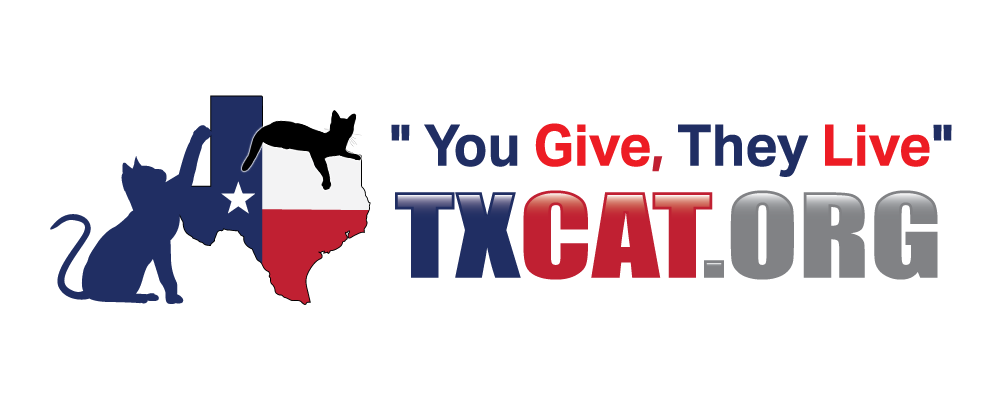
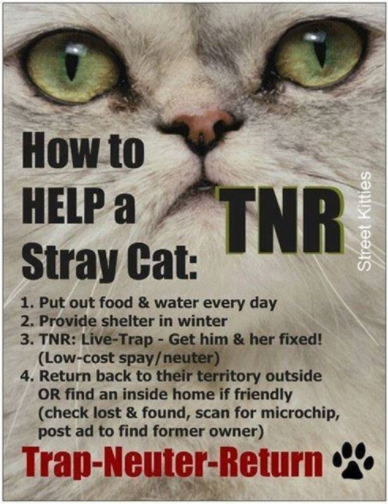
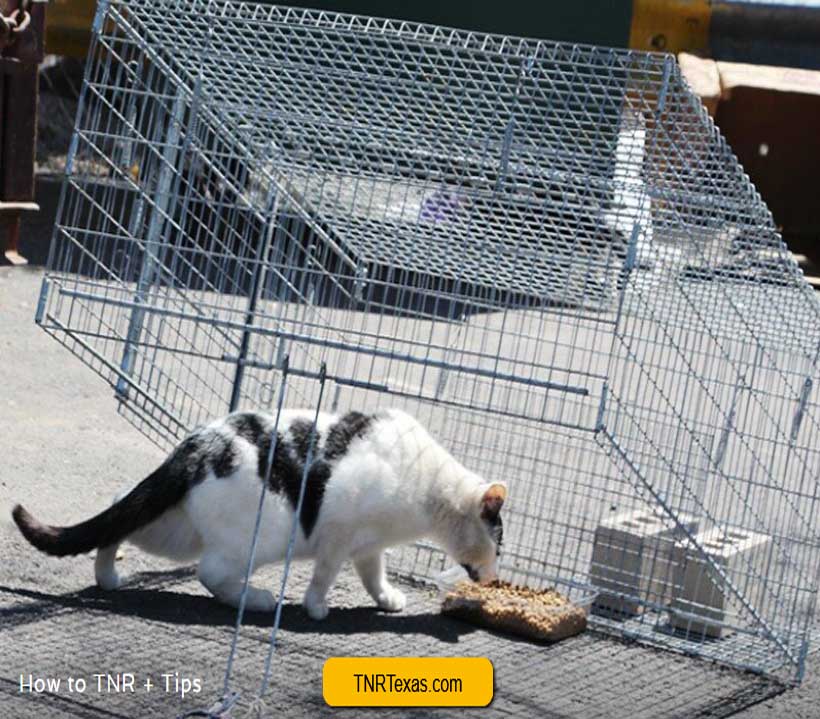
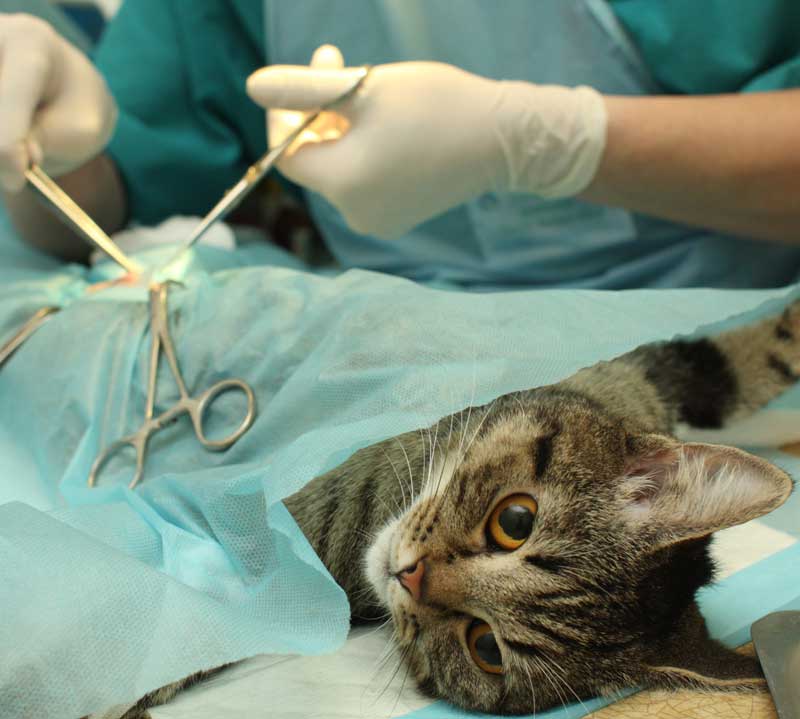
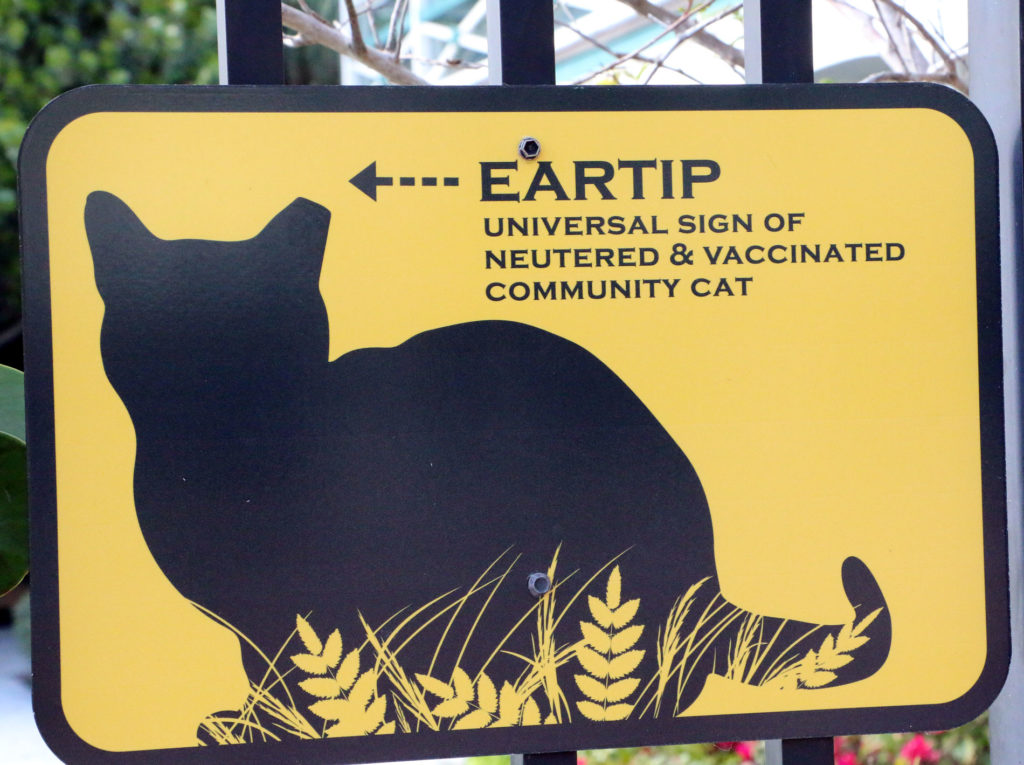
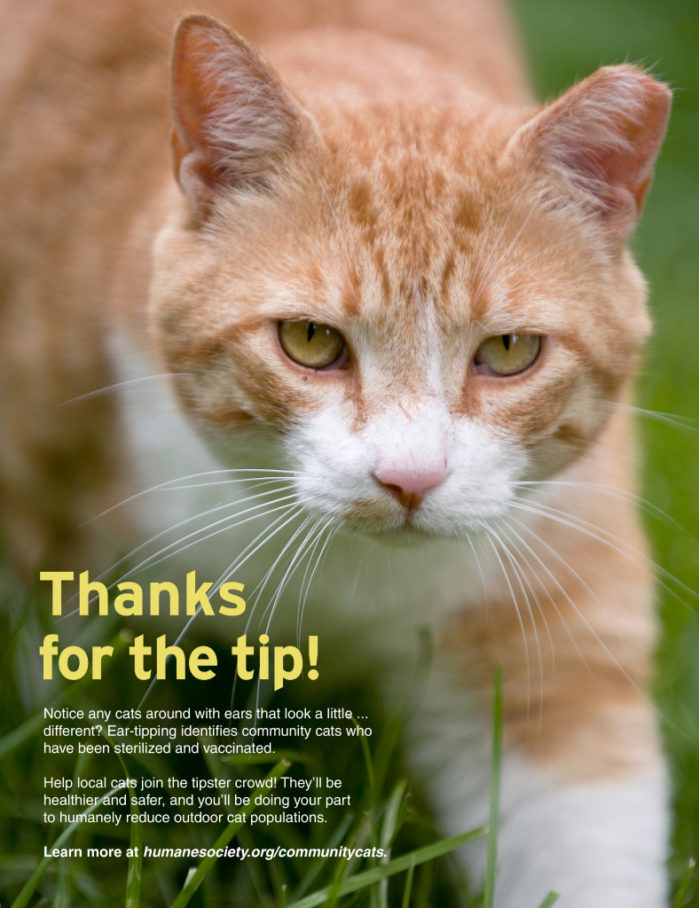
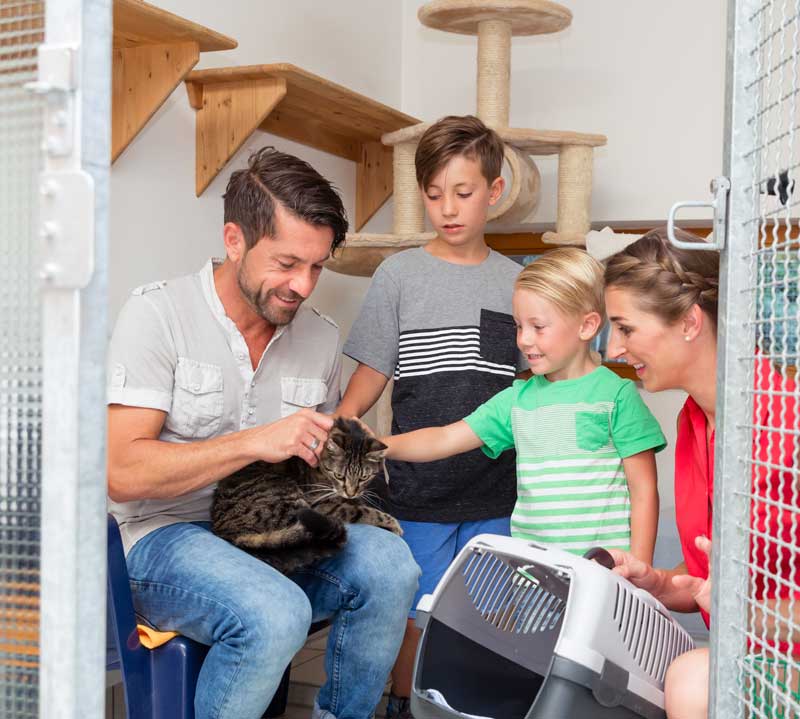

Leave a Reply